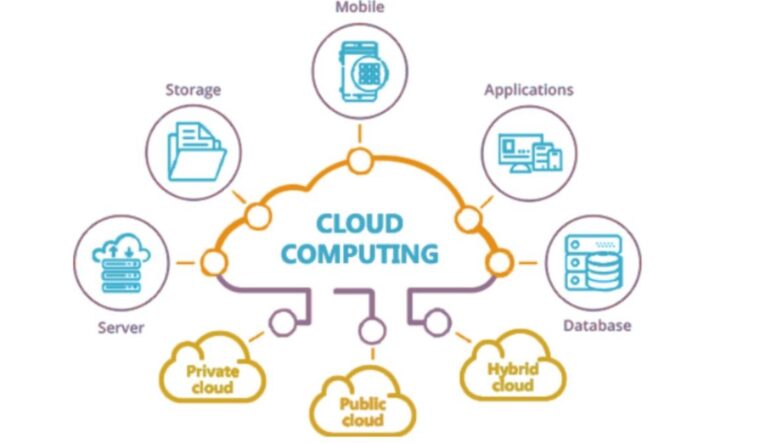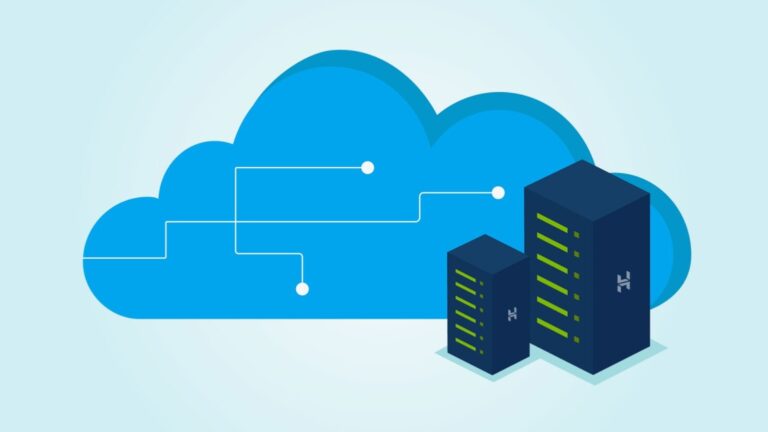Google Cloud Server: Features, Benefits, and Purchase Options
Google Cloud Server is a powerful cloud computing solution that offers unparalleled performance, scalability, and reliability.
Whether you’re a startup, an enterprise, or an individual developer, Google Cloud Server can cater to your needs with its robust infrastructure and innovative features.
In this article, we will delve into the details of Google Cloud Server, its benefits, and real-world applications, and guide you on how to purchase it. 🚀
What is Google Cloud Server?
Google Cloud Server is a comprehensive suite of cloud computing services provided by Google.
These services are built on the same infrastructure that powers Google’s popular end-user products, including Google Search, Gmail, file storage, and YouTube.
Google Cloud Server offers a wide range of hosted services for computing, storage, and application development, all of which leverage the powerful Google hardware infrastructure.
Benefits of Google Cloud Server (GSC)
Using GSC comes with a myriad of benefits, including:
- Scalability: Automatically scale your applications to handle sudden spikes in traffic.
- Reliability: Benefit from Google’s extensive network and uptime guarantees.
- Cost Efficiency: Pay for what you use with flexible pricing models.
- Security: Advanced security features to protect your data.
- Global Reach: Deploy your applications across multiple regions worldwide.
See also: Cloud Server Hosting: The Ultimate Guide and Benefits
Real-World Examples of Google Cloud Server

1. Compute Engine
Google Compute Engine provides a range of highly customizable virtual machine options that run in Google’s state-of-the-art data centers and utilize their extensive worldwide fiber networks.
These virtual machines are designed to meet a wide variety of computing needs, offering flexibility and scalability for businesses and developers.
- Use Case: Ideal for running high-performance applications and handling heavy computational tasks.
- Features: Customizable VMs, Preemptible VMs, global load balancing, and more.
- Pros: High performance, flexibility, and global infrastructure.
- Cons: Can be complex for beginners.
- Price: Pay-as-you-go, starting from $0.01 per hour.
- Website: Google Compute Engine
2. App Engine
Google App Engine is a cloud platform that allows developers to build and host web applications without managing the underlying infrastructure.
It provides automatic scaling for web traffic and offers a fully managed environment, taking care of tasks such as patching and monitoring.
This serverless platform allows developers to focus on writing code and building their applications without worrying about server management.
- Use Case: Perfect for web developers looking to deploy applications without managing infrastructure.
- Features: Automatic scaling, built-in services, and support for multiple languages.
- Pros: Easy deployment, managed environment, automatic scaling.
- Cons: Limited control over infrastructure.
- Price: Flexible pricing based on usage, free tier available.
- Website: Google App Engine
3. Kubernetes Engine
Google Kubernetes Engine (GKE) is a fully managed platform for deploying, managing, and scaling containerized applications using Google’s infrastructure.
It provides a robust, production-ready environment with features such as automated updates, built-in security controls, and seamless integration with other Google Cloud services.
GKE allows developers to focus on building and deploying applications without the overhead of managing infrastructure, making it an ideal choice for organizations looking to harness the power of Kubernetes without the operational burden.
- Use Case: Suitable for organizations adopting microservices and containerized environments.
- Features: Managed Kubernetes, automatic upgrades, monitoring, and logging.
- Pros: Simplified container management, scalability, robust support.
- Cons: Requires understanding of Kubernetes.
- Price: Per-cluster management fee plus standard Compute Engine pricing.
- Website: Google Kubernetes Engine
Comparison Table of Google Cloud Server Products
| Feature | Compute Engine | App Engine | Kubernetes Engine |
|---|---|---|---|
| Use Case | High-performance computing | Web application deployment | Containerized applications |
| Pros | Performance, flexibility, global reach | Easy deployment, auto-scaling | Simplified container management |
| Cons | Complexity | Limited infrastructure control | Kubernetes knowledge required |
| Price | $0.01/hour | Flexible, free tier available | Management fee + Compute Engine cost |
| Features | Custom VMs, Preemptible VMs | Automatic scaling, built-in services | Managed Kubernetes, monitoring |
See also: Best Cloud Backup Server for 2024: Secure Your Data Now!
How to Buy a Google Cloud Server
Purchasing Google Cloud Server services is straightforward. Follow these steps:
- Visit the Google Cloud Platform (GCP) Website: Google Cloud
- Sign Up for an Account: Create a new account or log in with your existing Google account.
- Choose Your Services: Select the products and services that fit your needs.
- Configure Your Resources: Customize your resources (VMs, storage, etc.).
- Review and Confirm: Check your configuration and pricing, then confirm your purchase.
- Deploy and Manage: Start deploying your applications and manage them through the GCP Console.
Buying Links
- Start with Google Compute Engine
- Explore Google App Engine
- Get Started with Google Kubernetes Engine
Use Cases Solved by Google Cloud Server
Google Cloud Server addresses various challenges and use cases:
- Scalability Issues: Automatically scale applications to meet traffic demands.
- High Performance: Run high-computation tasks efficiently.
- Global Deployment: Deploy applications across multiple regions for better performance.
- Cost Management: Flexible pricing to manage and predict costs.
- Security Compliance: Advanced security features to meet regulatory requirements.
Frequently Asked Questions (FAQs)
1. What is the difference between Google Compute Engine and Google App Engine?
- Answer: Compute Engine provides virtual machines for high-performance tasks, while App Engine is a fully managed platform for web applications with automatic scaling.
2. How does Google Kubernetes Engine simplify container management?
- Answer: GKE offers managed Kubernetes clusters, automating upgrades, scaling, and monitoring, which simplifies managing containerized applications.
3. Can I use Google Cloud Server for small projects?
- Answer: Yes, Google Cloud Server offers scalable solutions suitable for both small and large projects, with flexible pricing.
4. What kind of support does Google Cloud offer?
- Answer: Google Cloud provides various support plans, including basic free support and premium support options with dedicated assistance.
5. Is there a free tier available for Google Cloud Server?
- Answer: Yes, Google Cloud offers a free tier with limited usage for many services, allowing you to try out the platform at no cost.
By leveraging the powerful features of Google Cloud Server, you can enhance the performance, scalability, and security of your applications while optimizing costs. Ready to get started? Explore the offerings and take your projects to the next level! 🌟





